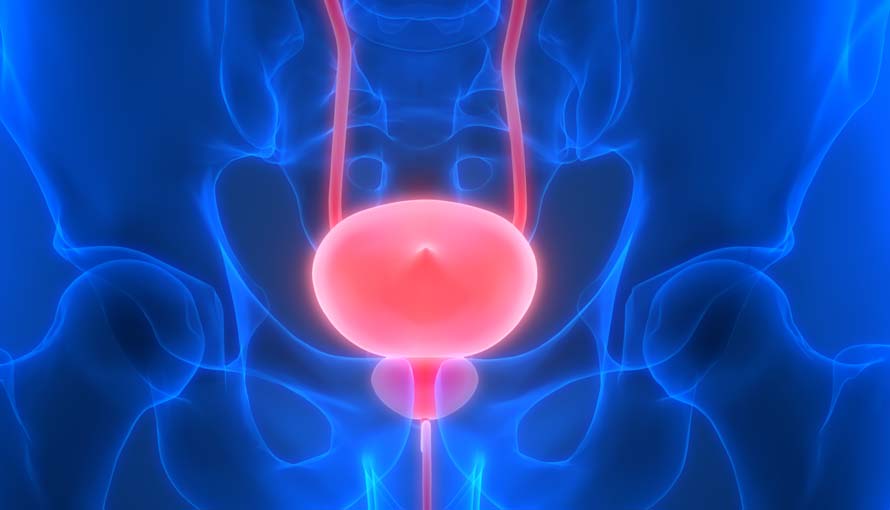
Tumor Infiltrating Lymphocytes (TILs) Study for Patients with BCG Unresponsive High-Grade Non-Muscle Invasive Bladder Cancer
Bladder cancer is a disease that impacts both men and women. Each year, more than 80,000 new cases of urinary bladder cancer in the United States. The treatment options for bladder cancer will depend on several factors. An oncologist will consider the size and stage of the cancer, the patient’s previous treatment history and the unique molecular makeup of the tumor before recommending a personalized treatment plan.
Immunotherapy is a type of cancer treatment that uses medications to help the patient’s immune system more effectively destroy cancer cells. Immunotherapy is used for treating bladder cancer, and these novel therapies are reducing recurrence rates, as well as improving survival rates and quality of life for patients.
An example of immunotherapy used for bladder cancer treatment is adjuvant intravesical BCG. However, some NMIBC patients don’t respond well to BCG treatment, resulting in the need for bladder removal surgery. Yet some patients aren’t good candidates for bladder cancer surgery due to their age or poor health, and others simply refuse to undergo the procedure. For these reasons and because of recent global shortages of BCG, cancer researchers have been exploring alternative treatments for NMIBC patients.
Dr. Michael Poch, a surgeon in the Genitourinary Oncology Department at Moffitt Cancer Center, is the Principal Investigator (PI) for this study on adoptive cellular therapy (ACT) of tumor-infiltrating lymphocytes (TILs) for NMIBC. The study is sponsored by the Department of Defense and is only available at Moffitt.
For TILs therapy, surgeons remove a patient's tumor and send it to a lab. The tumor is then minced to allow recovery of the tumor-infiltrating lymphocytes - T cells that have been able to penetrate the tumor. These cells, which can detect and invade the tumor, are then multiplied by the billions in a process that takes about three to four weeks. Once infused back into the patient, the army of T cells can seek and kill the cancer cells.
The primary objective of this study (MCC 21894) is to evaluate the feasibility, safety and tolerability of intravesical adoptive cell therapy (ACT) using TILs in patients with urothelial cell carcinoma (UCC), specifically high-grade BCG unresponsive non-muscle invasive bladder cancer (NMIBC) tumors. Thus far, this study has demonstrated the ability of TILs delivered systemically or intravesical to delay tumor growth in a murine mode, increased in T cell infiltration and long-term immune protection compared with control-treated mice. Furthermore, the study suggests that ACT of TILs has the potential to treat patients with bladder cancer and could potentially improve the quality of life for these patients.
Criteria for participation
- Patients must fulfill all the following screening criteria to be initially eligible for the study and be healthy enough to participate.
- Histologically confirmed high grade.
- Bladder tumors with variant histology or mixed histology can be enrolled if the urothelial component is greater than 50% of the TUR specimen.
- Have cystoscopic evidence of measurable disease.
- A tissue specimen may be obtained which is appropriate for TILs preparation.
- Age ≥18 years.
- ECOG performance status 0-1
- Participants must have adequate organ and marrow function in an assessment.
- Ability to understand and the willingness to sign a written informed consent document.
